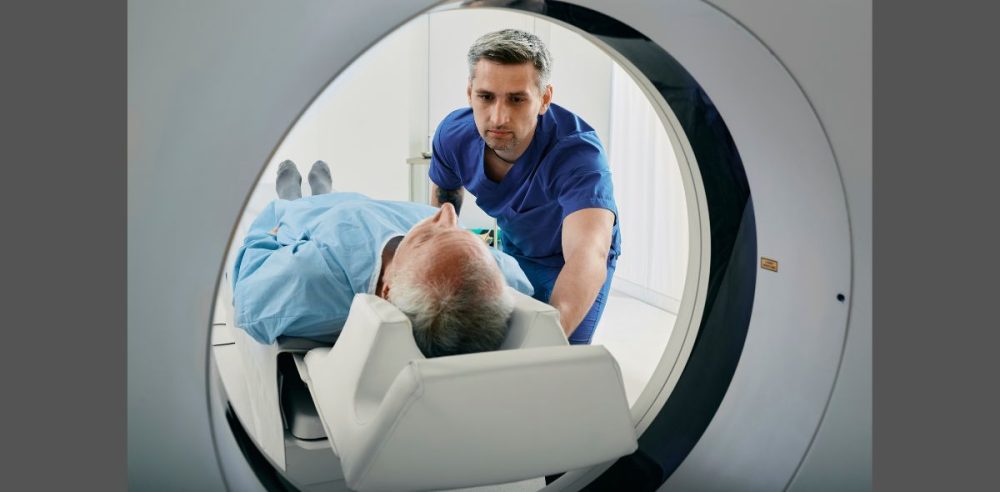The widespread use of computed tomography (CT) scans could be the source of thousands of additional cases of cancer each year, according to a new study.
Despite CT scans being credited for delivering potentially lifesaving insights into a variety of health complications, the procedure itself may be driving higher rates of cancer.
A new study published in JAMA Internal Medicine on April 14 examined data from 93 million CT scans performed on 62 million people in 2023. The researchers estimated that those scans could result in an additional 103,000 future cancer cases. If accurate, that number would represent around 5% of all cancers diagnosed each year.
Based on the findings, the study’s authors, a group of epidemiology and biostatistics researchers at the University of California, San Francisco, urge physicians to use CT scans judiciously to avoid the risks outweighing the benefits.
“CT is frequently lifesaving, yet its potential harms are often overlooked, and even very small cancer risks will lead to a significant number of future cancers given the tremendous volume of CT use in the United States,” said the researchers, per Ars Technica.
This is not the first time the risks of CT scans have been highlighted.
Last month, The Dallas Express reported on the dangers of the high doses of radiation that the procedure emits. Notably, the radiation can vary significantly between different CT machines. In some cases, patients obtain radiation doses beyond what they require, unnecessarily exposing them to higher cancer risk.
Scans of patients’ abdomens and pelvis are thought to be linked to the highest number of cancers, though the resulting cancers are thought to manifest most in the lungs and colon, say the researchers.
While the findings are alarming, Stephen Duffy, emeritus professor of Cancer Screening at Queen Mary University of London, says they contain “considerable uncertainty.”
“The estimates, while based on the best models available to the authors, are indirect, so there is considerable uncertainty about the estimates,” Duffy explained.
Duffy also noted that a person’s overall risk of developing cancer does not change substantially because of CT scan exposure.
“This amounts to around a 0.1 percent increase in cancer risk over the patient’s lifetime per CT examination,” said Duffy.
Doreen Lau, a cancer biology expert at Brunel University of London, echoed Duffy’s sentiment, saying the scans are typically worth the added risk.
“The findings don’t mean that people should avoid CT scans when recommended by a doctor. In most cases, the benefit of detecting or ruling out serious illness far outweighs the very small risk of harm.”


